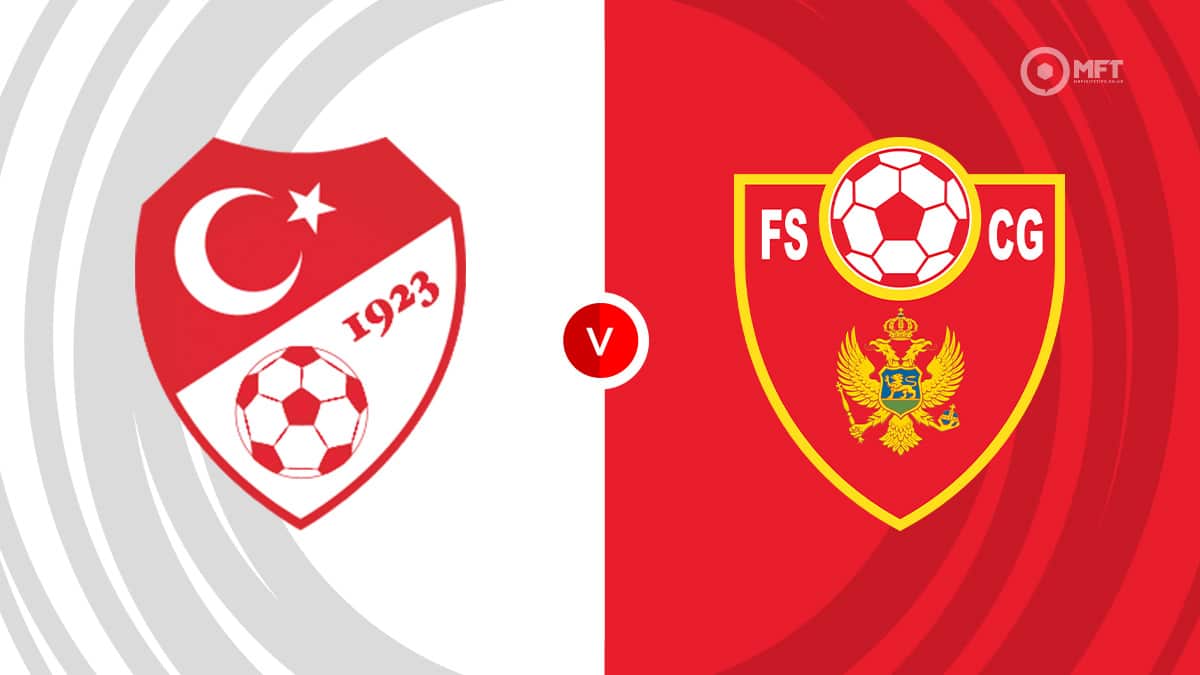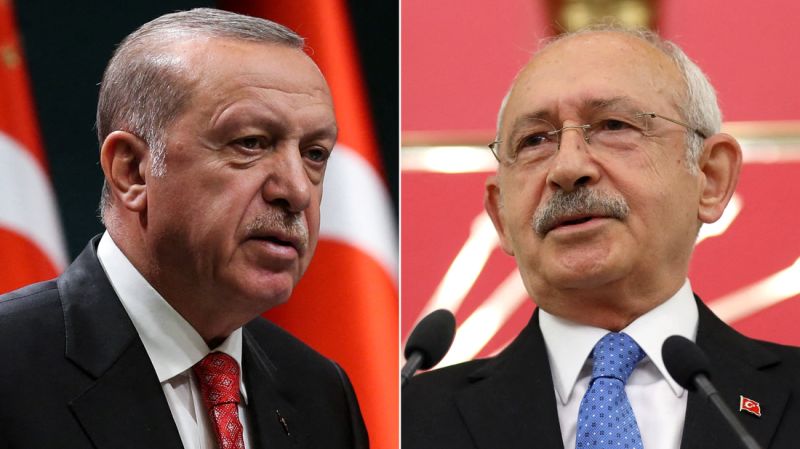Getty Museum returns ancient bronze head to Turkey – Beverly Press & Park Labrea News

The bronze head dates to approximately 100 B.C.E.-100 C.E. and was
likely stolen or illegally excavated. (photo courtesy of Getty)
The J. Paul Getty Museum announced it has initiated the return of a bronze head of a young man from its antiquities collection at the Getty Villa Museum to Turkey.
The transfer is in accordance with Getty’s policy to return objects to their country of origin or modern discovery when reliable information indicates that they were stolen or illegally excavated. The museum has removed the object from display at the Getty Villa Museum and has initiated its return to Turkey.
“In light of new information recently provided by Matthew Bogdanos and the Antiquities Trafficking Unit of the Manhattan District Attorney’s Office indicating the illegal excavation of this bronze head, we agreed that the object needed to be returned to Turkey,” Getty Museum Director Timothy Potts said.
Acquired by the museum in 1971, the head – which dates to approximately 100 B.C.E.-100 C.E. – is a separately cast component of a life-size figure, detached from the body at the upper neck, with evidence of ancient joints on the interior along the break. An inscribed alpha or “A” is visible on the interior of the neck at the bottom rear edge. The eyes, once inlaid with an unknown material, are not preserved.
The body of the figure has not been identified, but the head has been associated by some scholars with the archaeological site of Bubon, in the Burdur province of southwestern Turkey, where illicit excavations in the late 1960s brought to light several ancient bronzes that were subsequently sold abroad. Most depict Roman emperors and members of their family. The head of a youth, however, is highly idealized and has not been identified as a member of an imperial family or as any other named individual.
“We seek to continue building a constructive relationship with the Turkish Ministry of Culture and with our archaeological, conservation, curatorial and other scholarly colleagues working in Turkey, with whom we share a mission to advance the preservation of ancient cultural heritage,” Potts said.




